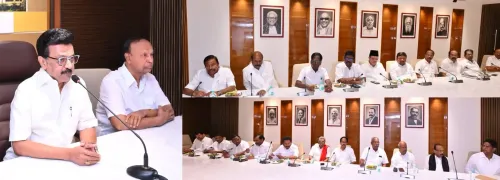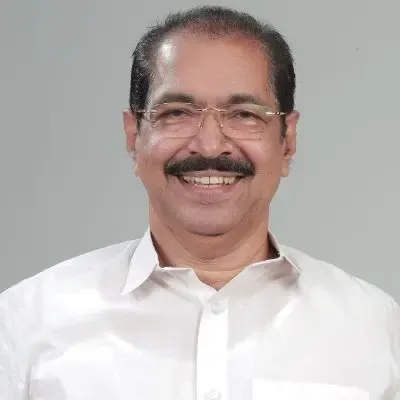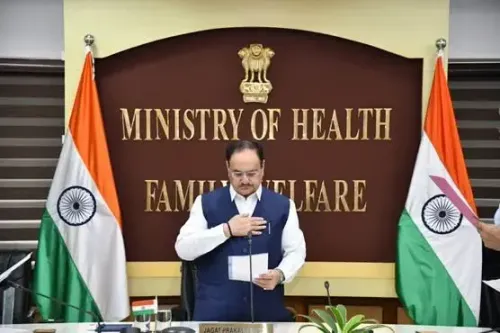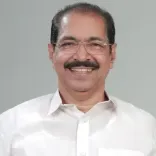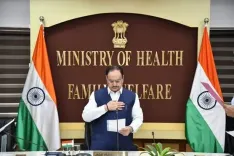Opposition's Call for Discussion on PM Modi's Maha Kumbh Remarks Violates Parliamentary Procedure
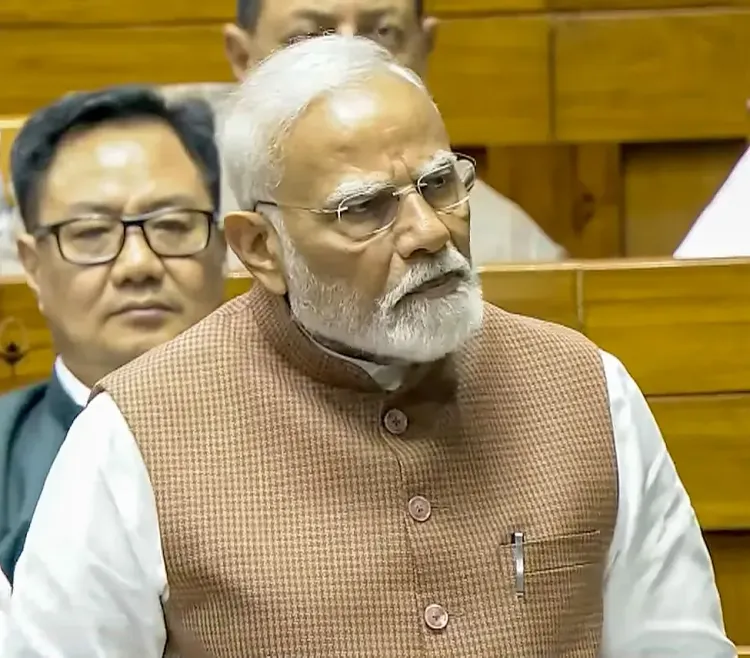
Synopsis
Key Takeaways
- PM Modi's statement on Maha Kumbh stirred controversy.
- Opposition's demand for debate contradicts Rule 372.
- Rule 372 allows ministers to present statements without interruption.
- Opposition could explore alternative procedures for discussion.
- Frequent disruptions challenge parliamentary integrity.
New Delhi, March 18 (NationPress) Prime Minister Narendra Modi's remarks regarding the Maha Kumbh sparked significant controversy in the Lok Sabha on Tuesday, with the opposition pushing for a discussion on his comments. However, this request contradicts established parliamentary regulations, specifically Rule 372 of the Rules of Procedure and Conduct of Business in Lok Sabha. This rule clearly states that no inquiries shall be entertained when a minister presents a statement on an issue of public significance.
Understanding Rule 372
The pertinent provision, Rule 372: Minister’s Statement, articulates:
"A Minister may, with the consent of the Speaker, deliver a statement in the House on an issue of public significance. There shall be no debate on such a statement at the time it is made."
This regulation is intended to allow ministers, including the Prime Minister, to communicate critical information without immediate interruptions or debates. It serves to prevent disturbances and uphold the decorum of parliamentary sessions.
Opposition’s Demand: Political Strategy or Genuine Concern?
In spite of the explicit stipulation of Rule 372, the opposition maintained their call for a discussion on PM Modi’s comments regarding the Maha Kumbh. This prompts a vital inquiry -- was their request based on a sincere need for dialogue, or was it a political maneuver aimed at causing disruption?
If the opposition genuinely had concerns regarding the Prime Minister’s statements, they possessed alternative procedural methods to address the matter, such as requesting a separate discussion under relevant regulations or submitting a notice for debate. Nevertheless, their immediate demand for a debate that directly contradicts Rule 372 indicates an effort to hinder proceedings rather than a true parliamentary concern.
Frequent Disruptions vs. Parliamentary Discipline
The recurrent adjournments prompted by opposition protests illustrate a trend where political agendas frequently take precedence over adherence to rules. While a vibrant democracy thrives on dialogue and debate, neglecting established parliamentary protocols undermines the integrity of legislative processes.
Rather than obstructing proceedings, the opposition could have adopted a more constructive approach, honoring the parliamentary framework while still expressing their concerns. Parliament is intended for informed discussions, not for continuous adjournments resulting from the disregard of the very rules that govern it.

